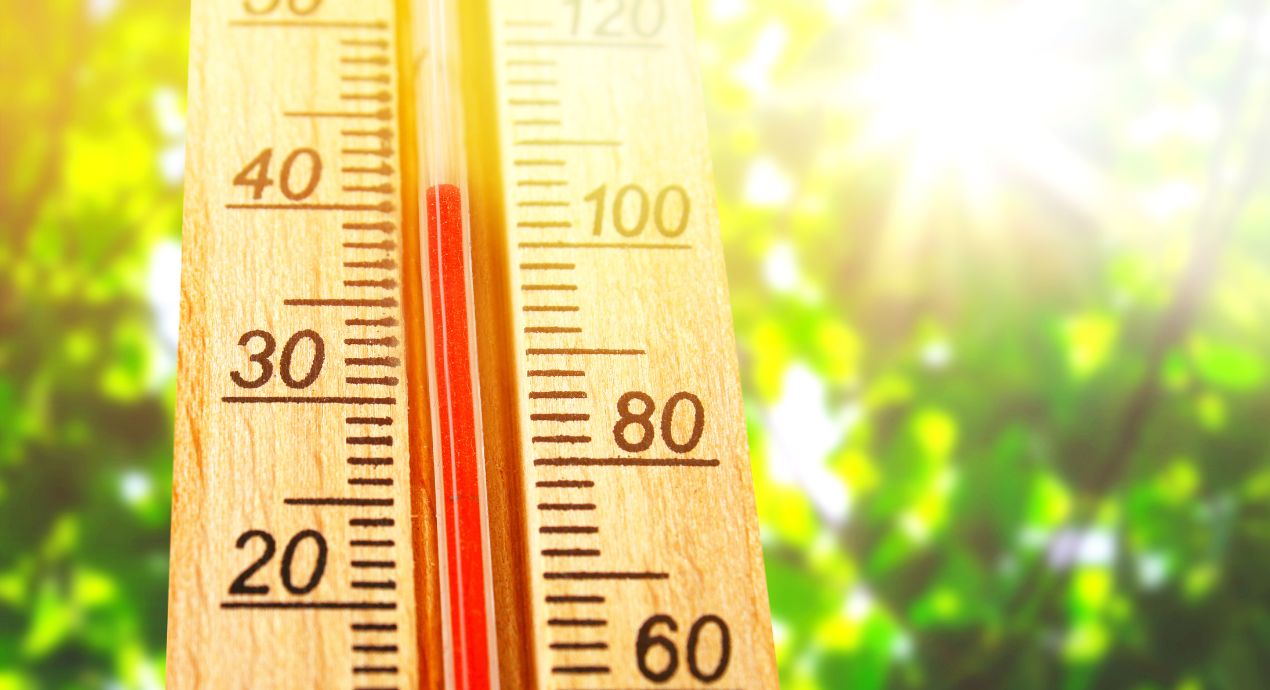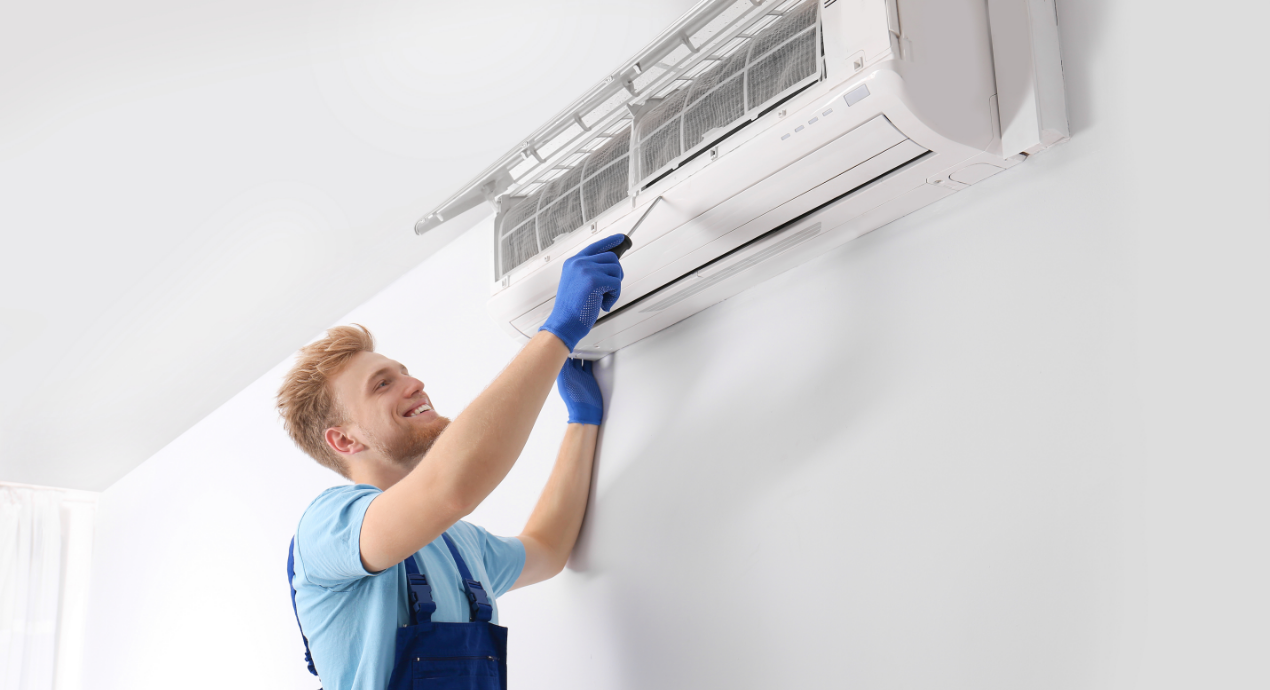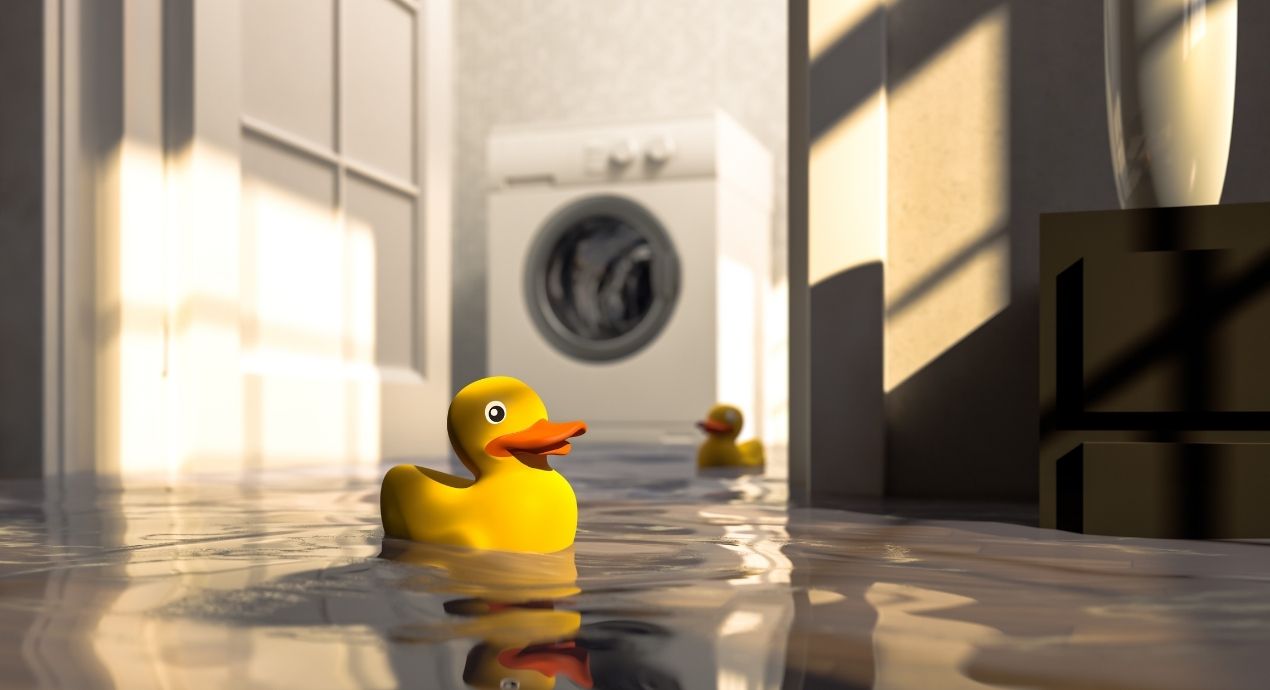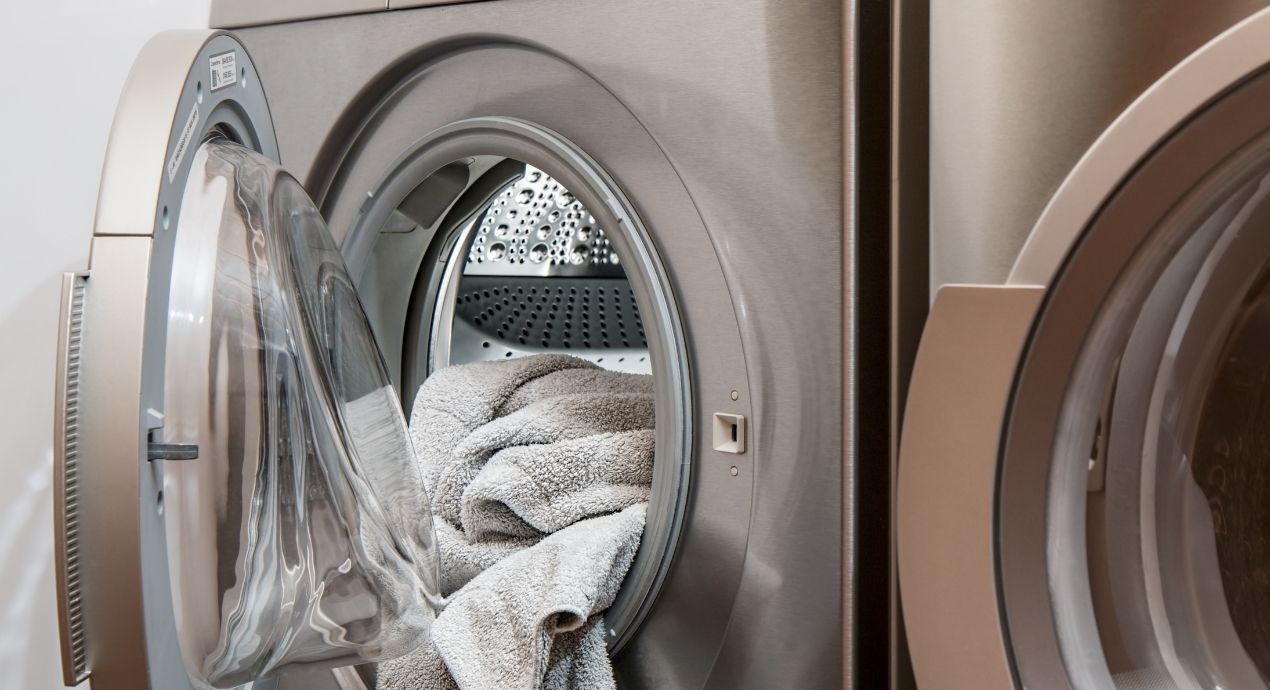
Contemplating coverage?
Subscribe to receive our emails & get
$200 off!
Have questions?
Call us: (833) 544-8273


Written By Ellie Brooks
In the US, approximately 78.9 million individuals, accounting for 24% of the population, reside in regions prone to hazardous heat conditions. The repercussions of extreme heat are alarming, with hundreds of people losing their lives each year.
As the scorching summer heat approaches, keeping our living spaces cool while conserving energy becomes crucial. This comprehensive guide provides valuable tips and advice on saving energy and staying cool with air conditioners and other appliances. Whether you're looking for energy-saving strategies for your home, this article has got you covered. Let's dive in and discover the best practices to create a comfortable and energy-efficient environment.
There's a reason Liberty Home Guard was rated the #1 Home Warranty Service by U.S. News and World Report for 2021, 2022, 2023, and 2024. Check out our services.
Learn MoreSet your thermostat to the highest comfortable temperature in summer. You can save a significant amount of energy for every degree you raise the thermostat.
Invest in a programmable thermostat to automatically adjust the temperature based on your schedule. This way, you can avoid unnecessary cooling when you're not at home.
Ensure your home is properly insulated to prevent cool air from escaping and hot air from entering. Insulating doors, windows, and walls can significantly improve energy efficiency.
Use ceiling fans or portable fans to circulate air effectively. Fans create a wind-chill effect, allowing you to set your thermostat a few degrees higher without sacrificing comfort.
Cleaning and maintaining your air conditioner is essential for optimal performance. Clean or replace air filters regularly, remove debris from the outdoor unit, and schedule professional maintenance annually.
Cleaning or replacing air filters is crucial for maintaining the efficiency of your air conditioner. Clogged filters restrict airflow and reduce cooling capacity.
The condensate drain line removes moisture from the air conditioner. Over time, it can become clogged with algae or debris, leading to water leaks. Regularly check and clear the drain line to prevent issues.
Low refrigerant levels can hamper your air conditioner's cooling performance. Schedule regular inspections to ensure optimal refrigerant levels and address any leaks promptly.
The outdoor unit of your air conditioner can accumulate dirt, leaves, and debris, reducing its efficiency. Keep the unit clean by regularly removing any obstructions.
Schedule professional maintenance at least once a year. Certified technicians can inspect your air conditioner, detect potential issues, and optimize its performance.
When purchasing new appliances, look for Energy Star-rated products. These appliances meet strict energy efficiency guidelines and can help you save significantly on energy bills.
Inverter technology allows appliances to adjust their power consumption based on the required output. This feature ensures energy-efficient operation and reduces energy wastage.
Choose appliances that are appropriately sized for your needs. Oversized appliances consume more energy, while undersized ones may need help to meet your requirements.
Before buying any appliance, read consumer reviews and ratings to gather insights about its energy efficiency, performance, and durability.
Refrigerators are among the most energy-consuming appliances in a household. Opt for energy-efficient models with features like automatic defrost, temperature control, and high insulation.
Air purifiers help improve indoor air quality, but some models can consume significant amounts of electricity. Look for air purifiers with energy-saving features, such as programmable timers and low-power modes.
Switching to energy-efficient LED bulbs and utilizing smart lighting systems can significantly reduce energy consumption in your home.
Efficient Use of Refrigerators and Freezers
Refrigerators and freezers are always running, consuming electricity. Keep the refrigerator at the recommended temperature, avoid frequent door openings, and ensure proper sealing.
Energy-Saving Cooking Techniques
Utilize energy-saving cooking techniques like using lids on pots and pans, matching pot sizes to burner sizes, and using residual heat for cooking.
Efficient Use of Dishwashers
Wait for a full load before running the dishwasher and use the energy-saving mode, if available. Scrape dishes instead of rinsing them to save water and energy.
Setting Optimal Bedroom Temperatures
Maintain a comfortable bedroom temperature by setting the thermostat correctly. Consider using natural ventilation techniques, such as opening windows during cooler hours.
Bedding and Sleep Environment
Choose breathable bedding materials like cotton or bamboo for better airflow and heat dissipation. Use blackout curtains to block out sunlight and keep the room cool.
Portable Cooling Devices
Portable cooling devices like fans and air coolers can provide additional comfort in the bedroom. Opt for energy-efficient models with features like adjustable speed settings and timers.
Using Cold Water for Washing
Most laundry detergents work well in cold water, reducing the need for hot water. Switching to cold water can significantly reduce energy consumption while achieving clean laundry.
Insulate your garage or workshop to prevent heat from entering and cool air from escaping. Insulated doors, windows, and walls can significantly affect temperature control.
Install exhaust fans or vents to improve airflow in your garage or workshop. Proper ventilation helps expel hot air and brings in cooler air from the outside.
Fans and evaporative coolers can be effective cooling solutions for garages and workshops. They circulate air and create a cooling effect, making the space more comfortable.
Planting trees and shrubs strategically around your outdoor spaces can provide shade and reduce direct sunlight, keeping the area cooler and more enjoyable.
Install patio covers or awnings to shade outdoor seating areas. These structures protect against direct sunlight, making the space comfortable even on hot days.
Invest in outdoor cooling systems like misting fans or evaporative coolers. These devices use water to create a cooling effect in outdoor environments.
Energy-saving appliances offer numerous benefits, including reduced energy bills, environmental conservation, and enhanced sustainability. By choosing energy-efficient options, you contribute to a greener future while enjoying cost savings.
If you take advantage of a variety of electrical energy conservation opportunities, you’ll see marked reductions in your monthly energy bill. You’ll also extend the lifespan of your home equipment and reduce the likelihood of a costly breakdown.
But if a breakdown does nevertheless occur, Liberty Home Guard has you covered. You stand to save even more money with a home warranty. Contact our team for a free quote by calling (866)-834-5570.

10 of the Most Common Air Conditioner Problems in ..

Why is my Washer Leaking? Top 10 Reasons

Top Reasons Why My Dryer Is Not Drying

Top Reasons Microwave Is Not Working
Stay Ahead of Potential
Home Mishaps!
Subscribe to our Liberty Home Guard Newsletter and gain access to exclusive content that ensures your peace of mind.